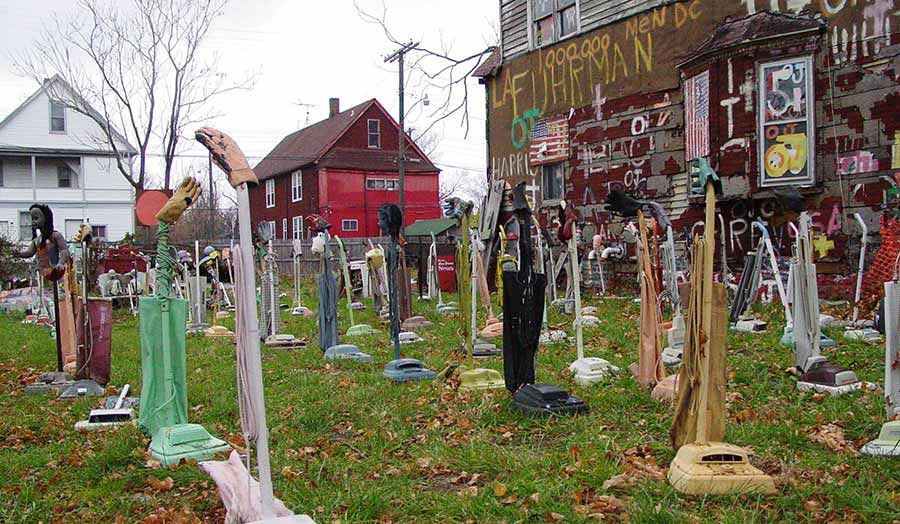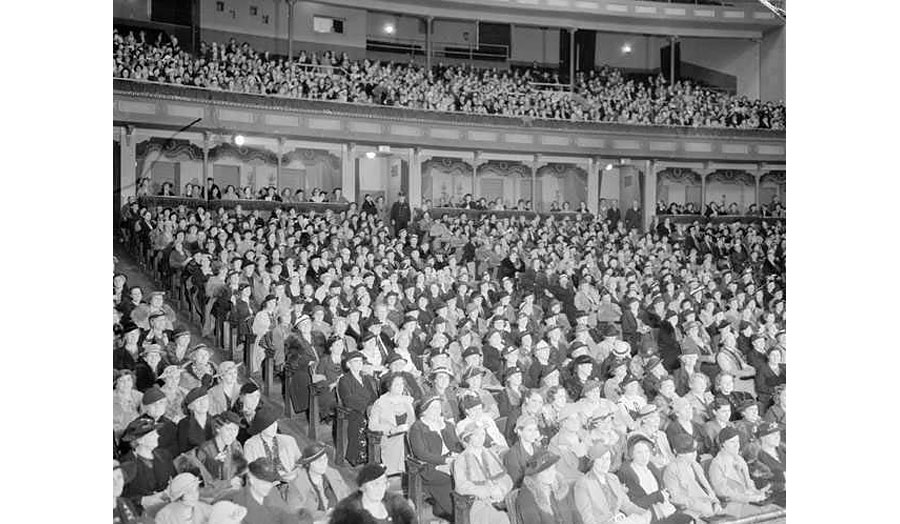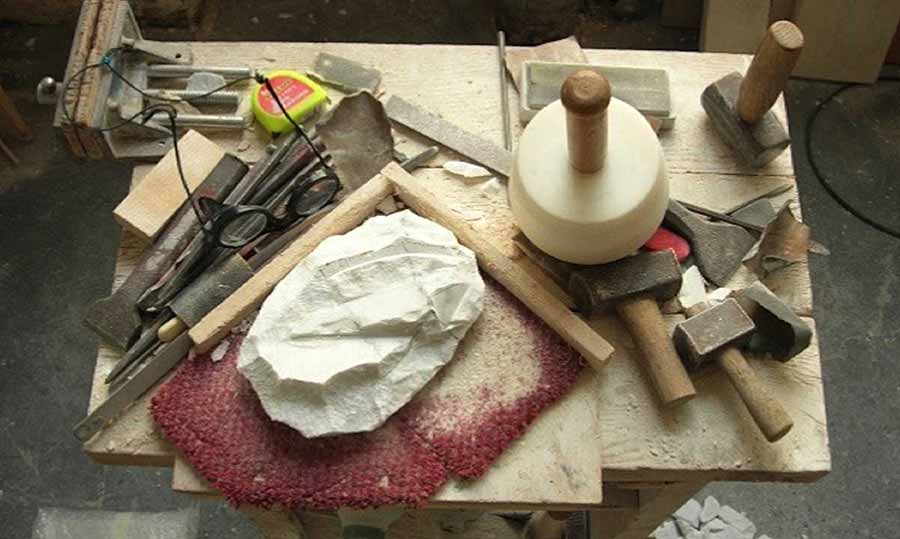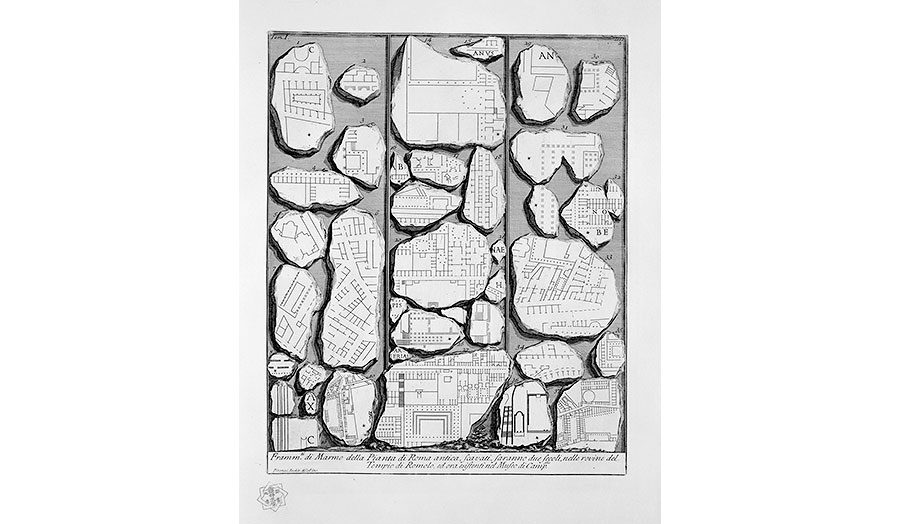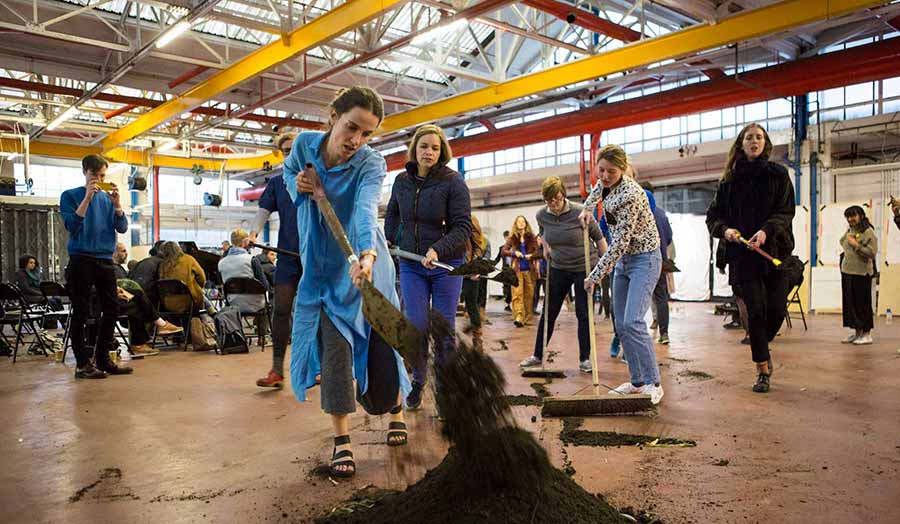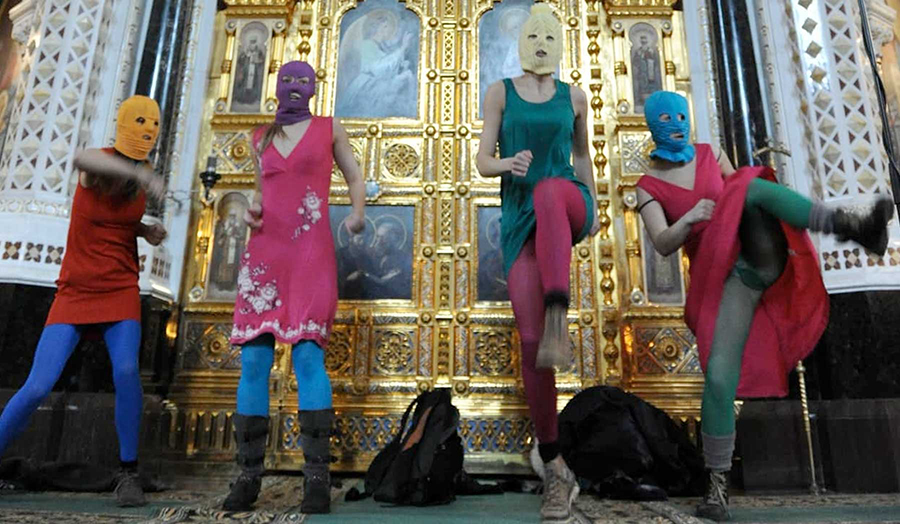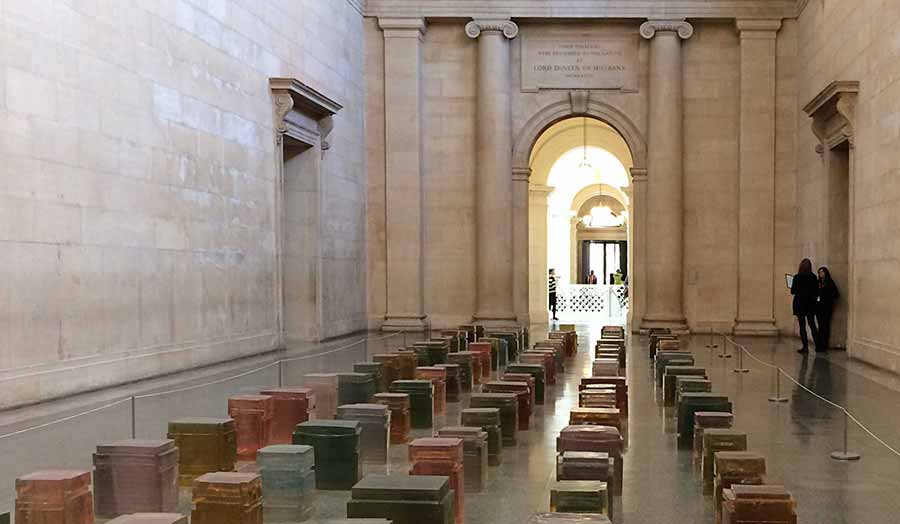Studio brief
For good or ill, we live in a global world. Whilst this may appear to be obvious, globalism is only a relatively recent term as is the phenomenon itself. What do we mean by this? How did we arrive in this place? Is the whole world global (who are the participants and the excluded in globalism?) And what are the benefits and problems associated with a global cultural, political and design economy? Often regarded as simply being a situation in which many of us live in the West and without question, globalism is so commonplace that we hardly recognise.
Yet at the same time, in the UK we witness moments and incidents of the global phenomenon that are demonised and sensationalised. Where do we stand in terms of global awareness and critique, is the shrinking of the world a good thing, what are its ethical dimensions and what do we think about the opposite position of Nationalism and its manifestations in terms of politics and art and design? Where and what are the barriers to global connectivity and the reception of influences from around the world?
Examining a vastly complex issue, this studio will offer the western history of how the global age arose (and in so doing expose ideas around multiple histories and query the privileging in those emanating from the west) explore and discuss its manifestations in art and design, architecture and food. It will examine different aspects of the UK’s global story: the negative (slavery); areas for debate (the influence of large corporations, McDonalds/Coca-Cola for example) and examine the positive aspects of a world in which greater understanding, inclusivity and sharing between different communities and groups of people is possible.
Suggested readings, resources and preparatory activities
Visit
- V&A
- National Maritime Museum
- Brick Lane, London
- Gerrard Street, London
Investigate
- Yinka Shonibare
- The history of ‘Curry’ and the Chinese takeaway in the UK
Watch
- BP British Art Lecture – Yinka Shonibare
- BBC, British History’s Biggest Fibs, Episode 3, The Jewel in the Crown, available on Box of Broadcasts (Bob)
Read
- Adamson, G. et al eds., Global Design History (London: Routledge, 2011)
- McMillan, M., The Front Room, Migrant Aesthetics in the Home (London: Black Dog Publishing, 2005)
Image: Fundiswa Mahola at her shop selling furry emojis, Cape Town airport. Photograph: Harriet McKay
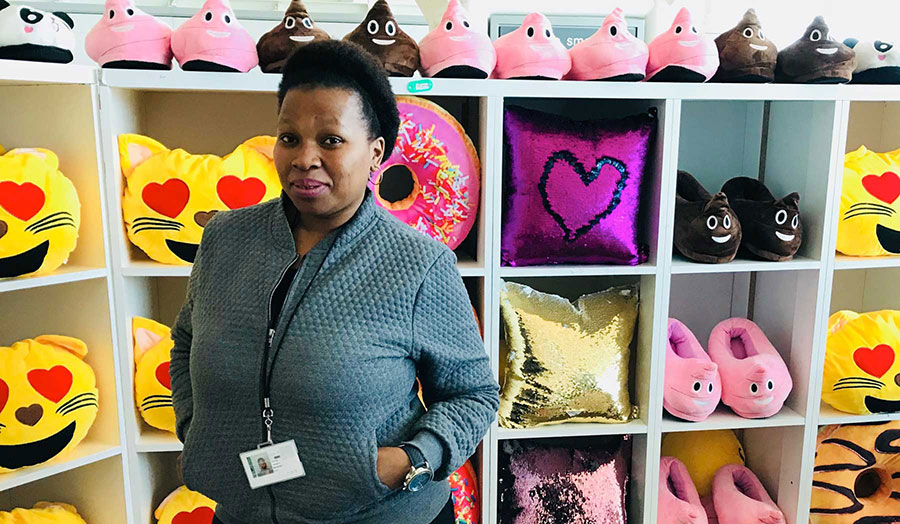
Details
| Tutor | Harriet McKay |
|---|



